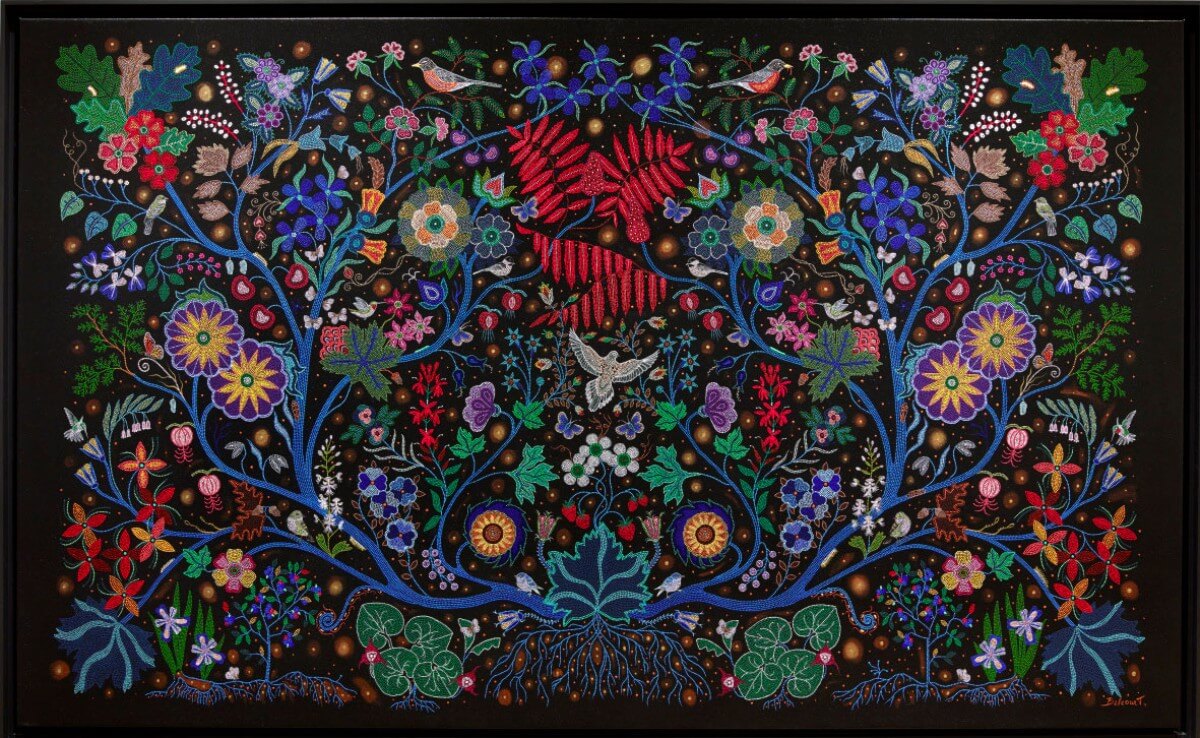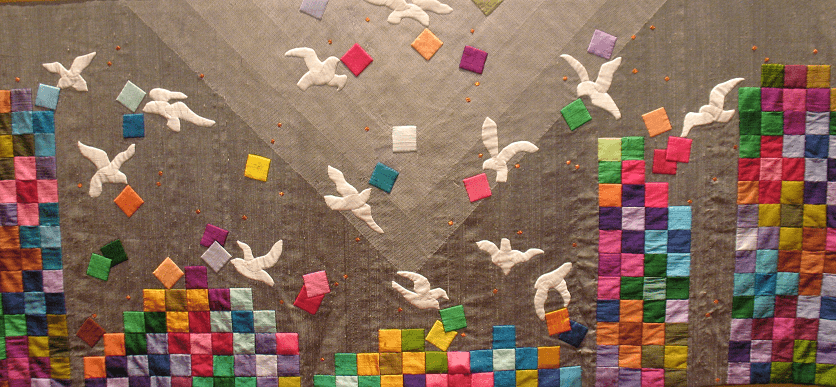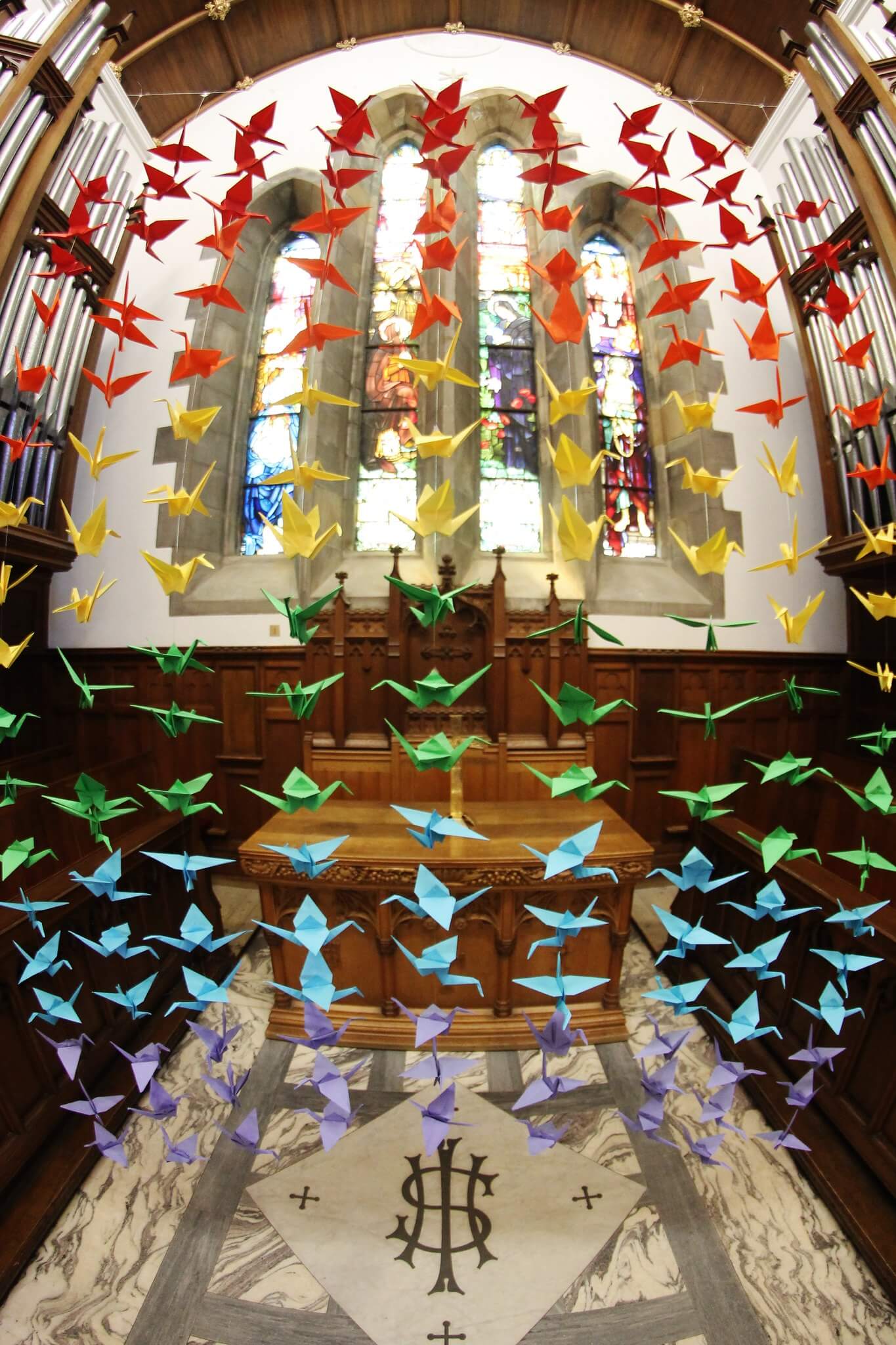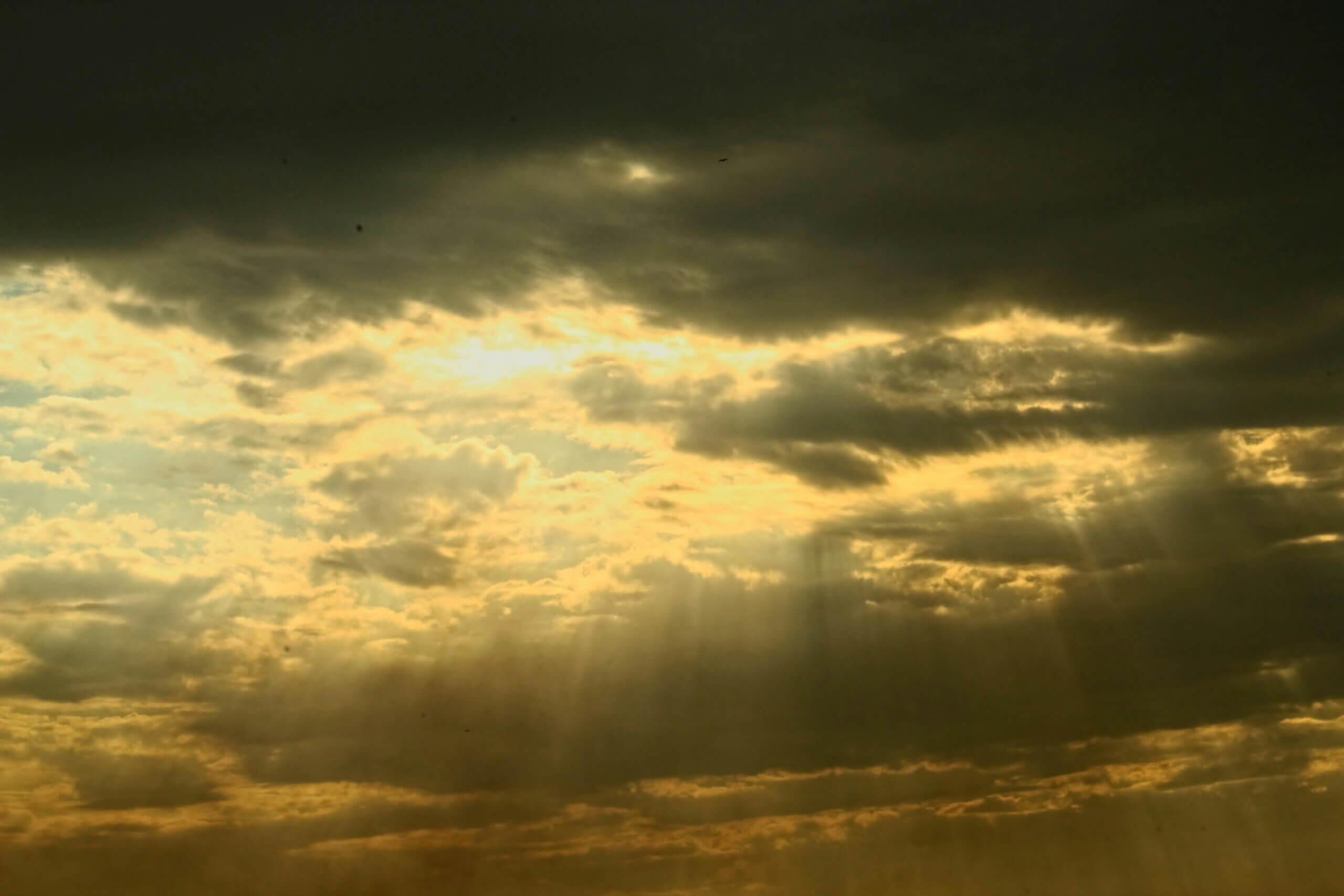If they show up
THIS CHRISTMAS
seeking refugee status…

How will Canada receive them?
The Christ Child was born into an uncertain and dangerous world. The rich layers of the Christmas story can speak to us in different ways at different points in our life and shed new light on what is happening in the wider world around us.
Matthew’s version of the Christmas events includes two harrowing scenes: Joseph and Mary’s flight into Egypt and the slaughter of the innocents. In these scenes, Mary and Joseph flee with their little son into Egypt to escape the mass murder of boy children at the hands of King Herod. The symbolic mother, Rachel, is left “weeping for her children.” This year, this part of the Christmas narrative resonates deeply with the community at the Church of the Holy Trinity.
Over the past two decades, the Holy Trinity congregation has sponsored more than 100 refugees and advocated both for individuals and for broader refugee rights. Six years of sharing our worship space with a Spanish-speaking congregation has deepened our connection to people facing deportation to dangerous situations.
Our community is deeply alarmed at the sweeping revisions of our refugee and immigration system contained in Bill C-31, and the sense that many Canadians may be unaware of what is really happening.
The Word made flesh entered into our world in the most vulnerable way: as a human infant, impoverished, homeless and a refugee.
We invite you to enter into this story and let it inform your response to the world around you. Please take a moment to learn more about Bill C-31.
The Reverend Sherman Hesselgrave
Incumbent
Church of the Holy Trinity
Bill C-31
An Act to Amend the Immigration
and Refugee Protection Act
Canadians are rightly proud of our country’s record of welcoming refugees. Since the end of World War II, these have included Hungarians in 1956, Czechoslovakians in 1968, Vietnamese “boat people” in the seventies, and refugees from many other parts of the world in subsequent decades.
Canada is signatory to international legal commitments such as the 1951 Convention relating to the Status of Refugees, the 1967 Protocol relating to the Status of Refugees, and various other instruments including the Convention against Torture and the Convention on the Rights of the Child. And we have our own Charter of Rights and Freedoms. These require us to protect those whose lives are threatened in their country of origin. Bill C-31 purports to target “bogus refugees”, but it places in jeopardy refugees who have legitimate claims to protection.
- The time frames specified in Bill C-31 are too short. Access to legal counsel and qualified interpreters is seriously compromised.
- Survivors of torture and rape, and lesbian, gay, bi-sexual and transgendered refugees have little time to develop enough trust in the refugee process to tell their full stories.
- The Minister of Citizenship, Immigration and Multiculturalism has unilateral power to decide that certain countries are “safe” countries. The long-honoured principle that every refugee’s case must be considered individually is compromised because all people from a so-called “safe” country are lumped together.
- The Minister of Public Safety may designate any “group” of people (two or more) as “irregular arrivals”. All members of the group 16 years and older will be incarcerated with no right to judicial review for 14 days and then for periods of six months, which is in direct contravention of the Canadian Charter and international law. Children under 16 face detention or family separation.
-
- “Irregular arrivals” and those fleeing persecution, imprisonment and death in “safe” countries have no right to appeal a negative decision.
- “Irregular arrivals” and people from “safe” countries judged to be legitimate refugees have no right to landed status for five years and thus no right to re-unite with other family members during that time.
This new law contains discriminatory provisions which place vulnerable people in danger, and we, as Anglicans, cannot in conscience support it.~ The Refugee and Social Justice Committees at Holy Trinity The Bishops of the Diocese of Toronto are asking congregations to consider a Vestry motion:We as Christians are called by our scriptures to care for exiles and strangers (Exodus 22:21). Many of our congregations have sponsored refugee claimants who have made Canada their home and enriched our society through their contributions. Some members of our congregations, or their parents before them, came to Canada as refugees themselves.On June 28, 2012, the Canadian government signed into law Bill C-31, the Protecting Canada’s Immigration System Act, a sweeping revision of our refugee and immigration system. This new law contains discriminatory provisions which will place vulnerable people in danger, and we, as Anglicans, cannot in conscience support it.Motion: that this vestry recommend to the Government of Canada the repeal of the Protecting Canada’s Immigration System Act, and its replacement with legislation more in keeping with this country’s traditions of justice and hospitality.For more information, see the Canadian Council for Refugees website: http://ccrweb.ca. See also the Diocesan website: http://www.toronto.anglican.ca/parish-life/social-justice-and-advocacy/current-activities/To express your concern, write the Minister of Immigration: jason.kenney@parl.gc.ca.





